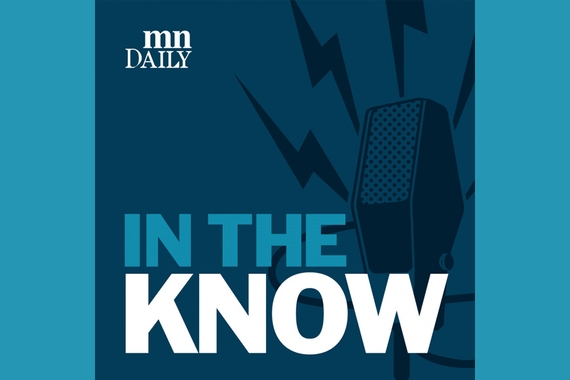Mobilizing Human Rights Knowledge through International Partnerships
For over five years, the Office of the High Commissioner for Human Rights (OHCHR) has partnered with the Human Rights Program by supporting our students with research and internship placement opportunities to prepare them for field work and other important work related to human rights.
With over 1,500 staff members headquartered in Geneva and a field presence around the world, this partnership reaffirms our commitment to mobilize knowledge to advance human rights globally and locally.
In October 2022, Amelia Shindelar and a delegation of students from the University of Minnesota attended the 51st plenary session of the Human Rights Council in Geneva, Switzerland. During the visit the students met with staff of OHCHR to learn about the ways in which the office interacts with the Human Rights Council and works to advance human rights around the world and to continue our collaboration with OHCHR staff. The visit followed a May 2022 shadow report submission by students to OHCHR in which they relayed their extensive research on activist surveillance in non-protest settings. The student research team focused their effort on racial justice and law enforcement violence aimed at people of African descent in the context of the murder of George Floyd and the subsequent and disproportionate use of force and authority by the Minneapolis Police Department in the aftermath of the protests.
The UMN delegation attended the 51st session of the Human Rights Council as it was the first time the International Independent Expert Mechanism to Advance Racial Justice and Equality in the context of Law Enforcement (EMLER) was reporting to that body. Established by mandate in July 2021, EMLER was created to address racial inequality and its root causes. It seeks to understand why systemic racism is so inherent to law enforcement, how that has transcended to supremacist movements and other institutional racism, and make recommendations on the steps needed to ensure reform and justice for human rights violations.
In addition to meeting staff members to further professional development, the delegation made a statement before the Human Rights Council, as part of the dialogue between independent experts, states, and international government organizations. Minnesota has been the location of many tragic deaths of citizens of color at the hands of the police. By expressing the effects of these events on families and community members, the delegation hoped to stress the gravity of this phenomenon and inspire action from the OHCHR in regards to systemic racism in Minnesota and the larger United States.
In addition to meeting with OHCHR staff, UMN students connected with new partners, learned about activism at the UN, and met the UN Anti-Racism Coalition team. Under the direction of Amelia Shindelar, and with the support of a Human Rights Initiative grant, students are continuing to expand on their research and examine how these forms of surveillance and law enforcement violence impact the families of victims of police brutality and harassment and their plight for justice.
Students and community members reaped the rewards of their hard work after they drafted a letter to EMLER calling on them to visit Minnesota during their visit to the United States. On May 2, 2023, the mandate made a stop in Minneapolis to sit down with government officials, law enforcement authorities, civil society organizations, and survivors and families of victims of police violence to listen to testimonies and discuss police brutality and systemic racism in Minnesota. EMLER plans to publish a report on their visit to the U.S. shortly before the UN Human Rights Council’s 54th session.
Most recently, on June 16, 2023, the Department of Justice and Minnesota Attorney General Merrick Garland announced the results of a two year investigation of the Minneapolis Police Department after the murder of George Floyd by former officer Derek Chauvin. The DOJ found that the Minneapolis Police Department engages in illegal abusive practices and has committed numerous civil rights violations. Although these results are disturbing, they will bring much needed reform to the functions of law enforcement agencies.
UMN students, through their research and advocacy initiatives, are contributing significantly to the ongoing discussion around systemic law enforcement violence against people of African descent, and the systemic nature of these abuses. Our ties with the UN are crucial for an educational and international conversation about human rights and the HRP will continue partnering with the OHCHR. This summer, two additional MHR students are completing internships with the OHCHR in Geneva, one of whom is supporting the UN anti-racism mechanisms including EMLER. We are excited to see where their research will lead and new ways in which students can use the UN to carry out this fight for justice and equality.
Learn more about Sisay Shannon-Tamrat and Socorro Topete’s experience attending the 51st plenary session of the Human Rights Council as MHR students.


